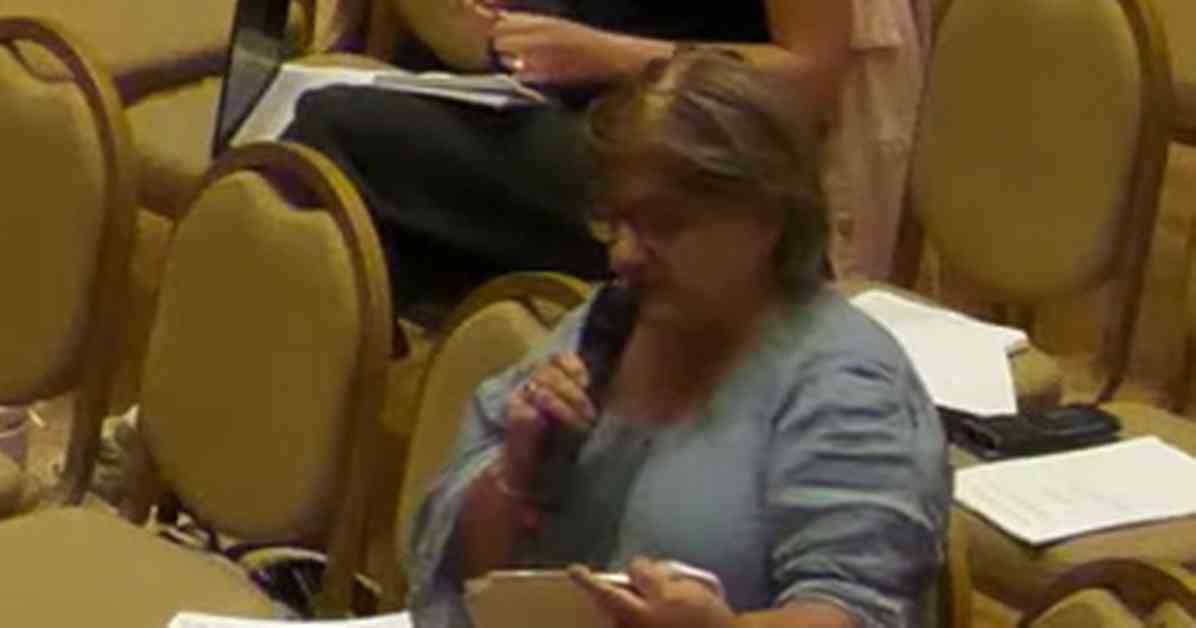**Advocate Calls for New Approach in Grenfell Tragedy Aftermath**
An advocate for Grenfell Tower fire victims, Kimia Zabihyan, has expressed the challenges faced by the community in the aftermath of the tragic event. She highlighted the struggles endured over the past seven and a half years, describing them as ‘gruelling’. Zabihyan, representing the group Grenfell Next of Kin, emphasized the need for a new approach in engaging with residents affected by the fire.
**Calls for Change in Council Engagement**
During a meeting with Kensington and Chelsea council, Zabihyan raised concerns about the existing ‘us and them’ mentality among council staff towards the Grenfell community. She urged councillors to reconsider their approach and strive towards better engagement with the residents. Zabihyan’s plea came as a response to the lingering feeling of being ignored by the council, as she expressed the community’s frustration at the lack of meaningful changes on the ground.
**Challenges in Implementing Recommendations**
Despite the council’s acceptance of the findings from the Grenfell Tower Inquiry, Zabihyan pointed out that survivors, the bereaved, and the wider community continued to view the council’s recommendations with contempt. She lamented the slow progress in translating these recommendations into tangible improvements, stating that the current approach was ineffective and lacked energy. Zabihyan highlighted the reluctance of survivors to participate in numerous consultations and emphasized the strained relationship between the community and the council.
**Advocating for Grassroots Engagement**
Zabihyan called for a shift towards engaging with the community through grassroots organizations, suggesting that the current format of ‘drop-in sessions’ was losing its effectiveness. She stressed the importance of building trust and bridging the gap between the council and the Grenfell community. Independent Councillor Mona Ahmed echoed these sentiments, emphasizing the need for external agencies to scrutinize the council’s work to ensure accountability.
**Council’s Commitment to Change**
In response to the community’s concerns, Kensington and Chelsea council leader Elizabeth Campbell reaffirmed the council’s commitment to driving change. Campbell acknowledged the failures leading up to, during, and after the Grenfell Tower fire, describing it as a ‘wholly avoidable failure at every single level’. She emphasized the council’s determination to learn from past mistakes and work collaboratively with the bereaved, survivors, and the local community to address the aftermath of the tragedy.
**Engaging the Public for Feedback**
As part of its efforts to draft a formal response to the Grenfell Tower Inquiry, the council announced the launch of ‘drop-in’ sessions to seek public input. These sessions aim to gather feedback and insights from residents within a 500m radius of Grenfell tower, as well as social housing tenants and other community members interested in participating. The council has set a self-imposed deadline of November to submit its formal response to the findings of the inquiry.
In conclusion, the challenges faced in the aftermath of the Grenfell Tower fire underscore the need for a collaborative and empathetic approach towards addressing the community’s concerns. By listening to the voices of survivors, the bereaved, and the wider community, the council can work towards rebuilding trust and implementing meaningful change. The road ahead may be daunting, but with a commitment to transparency, accountability, and genuine engagement, progress can be made in healing the wounds left by this tragic event.












